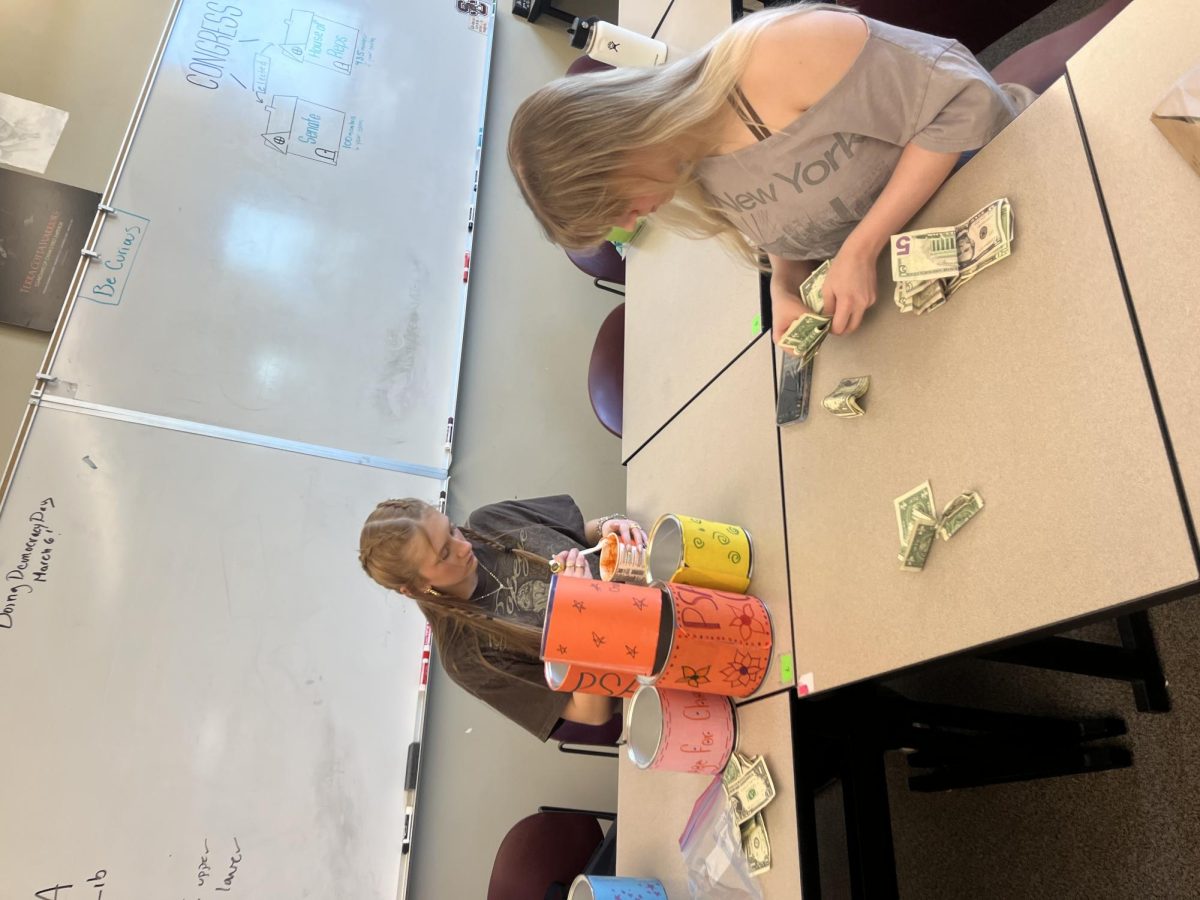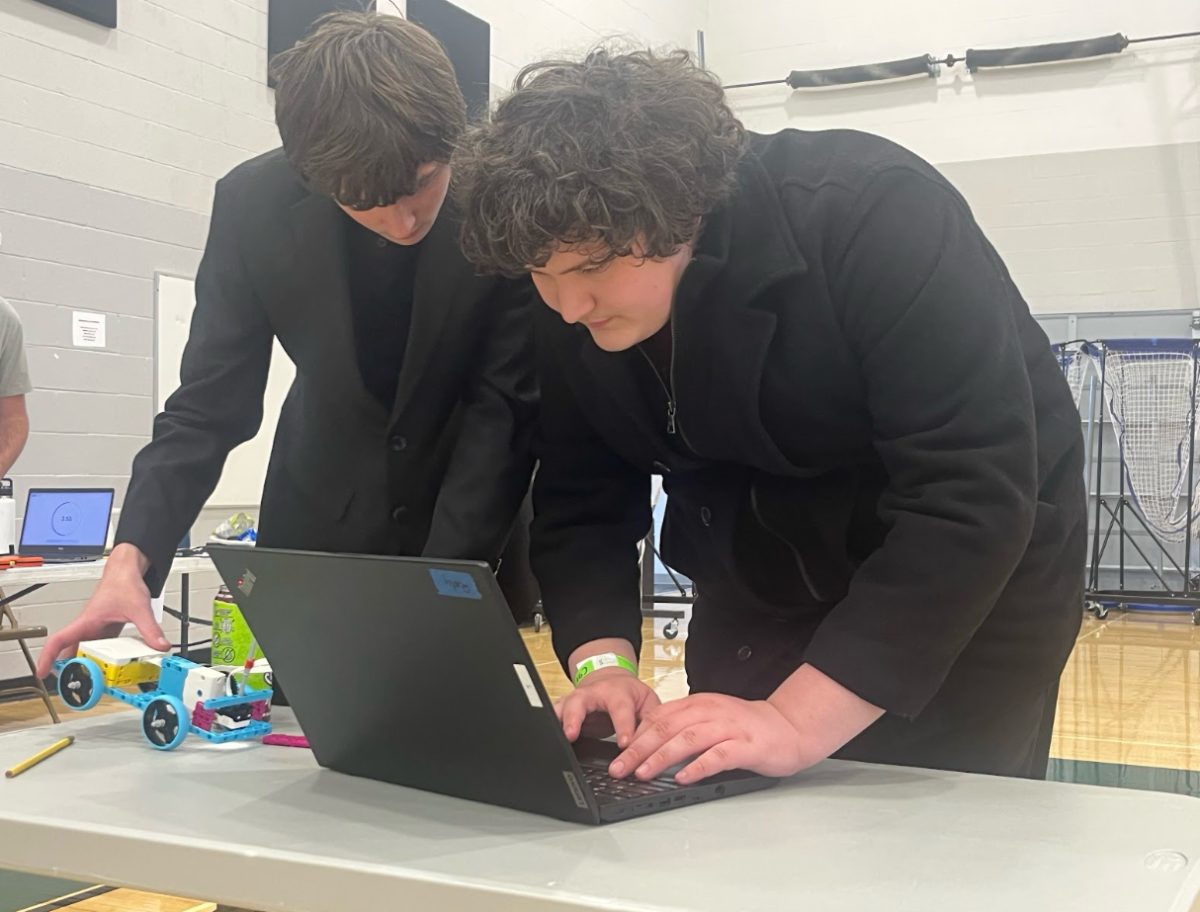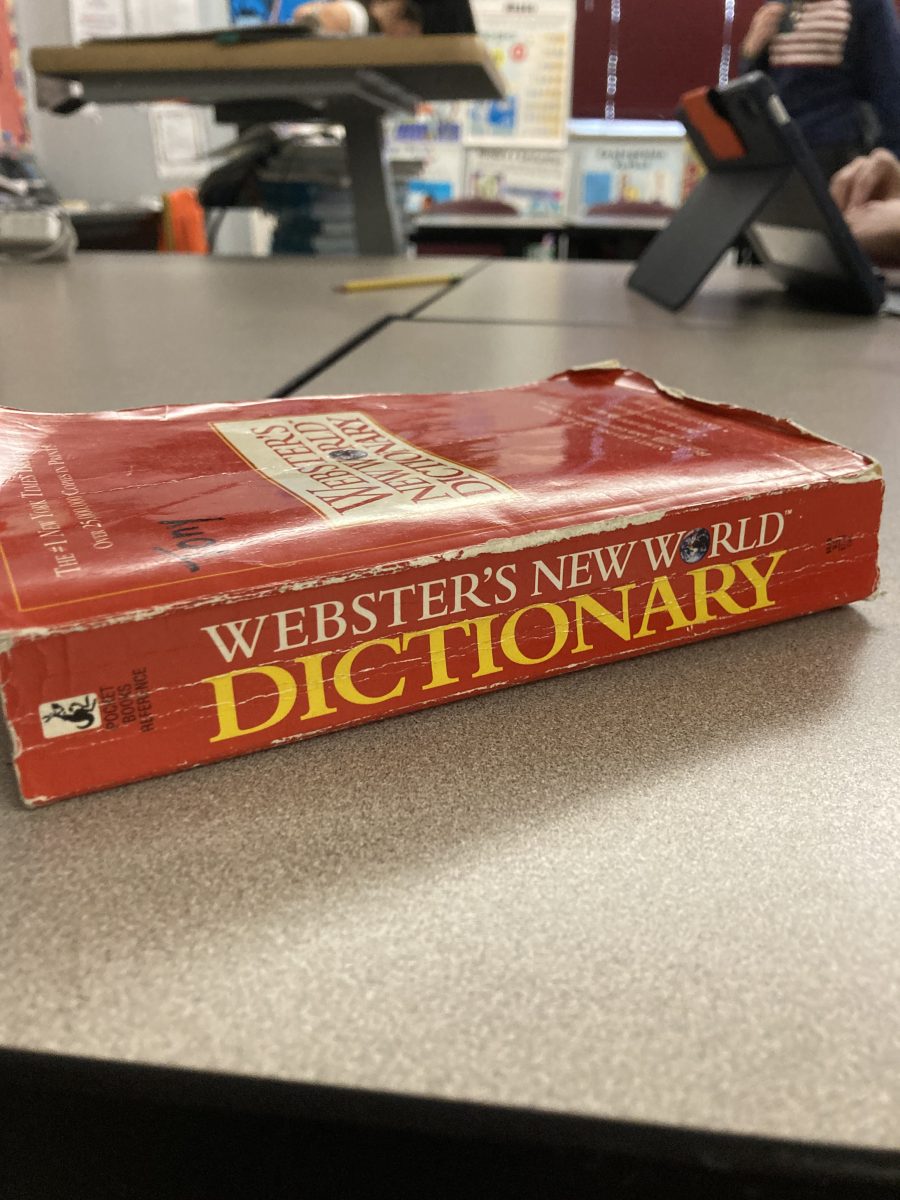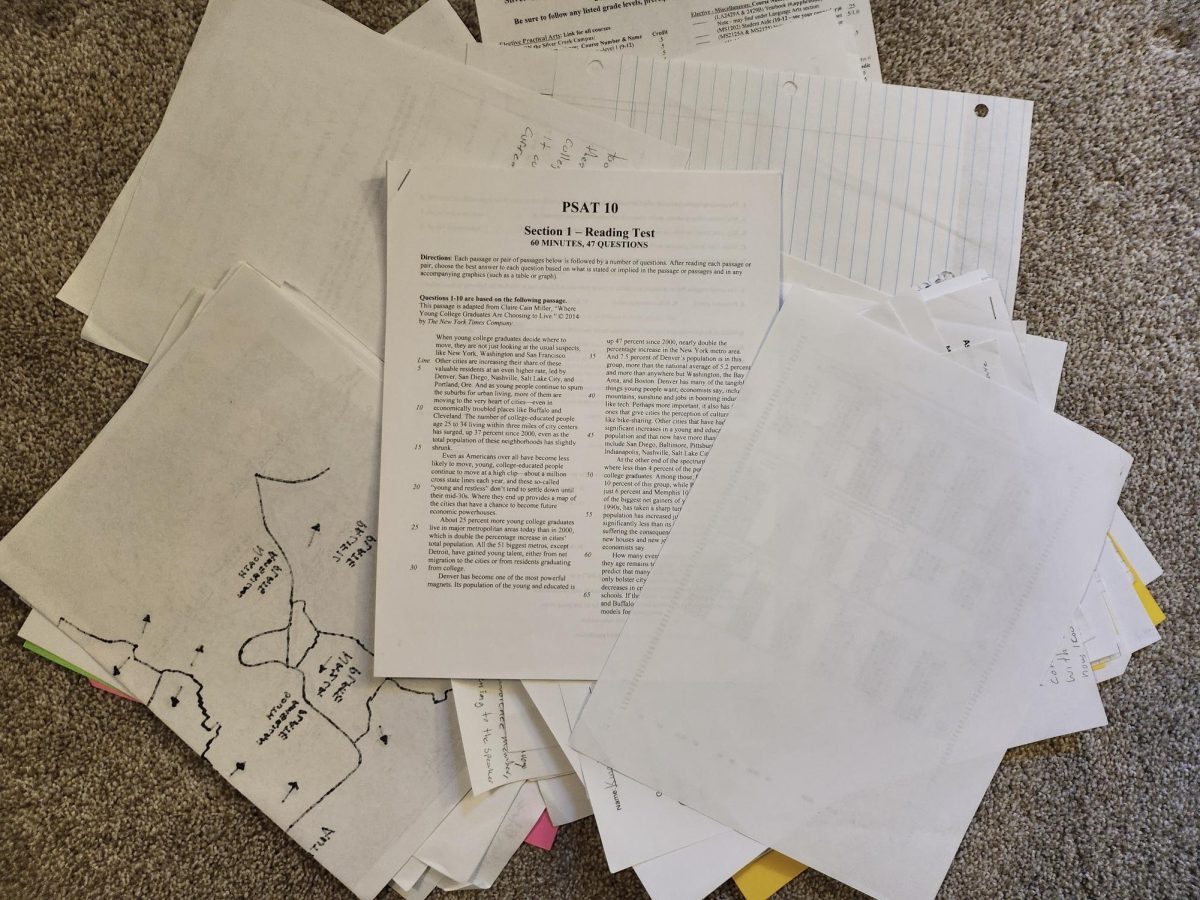For years, the PSAT has been accepted as a simple fact of life, but there are a lot of questions to be raised about its current value for high schoolers, if it’s even helpful for the students who take it or if it’s made them feel more prepared in the first place. The teachers who have to lose class time to it need to weigh their options if it’s worth the effort for an unknown reward.
The SAT is a standardized test used across the country since 1926; even if it’s fallen out of favor with colleges in recent years, it plays an important role in the admissions process. The PSAT is a large part of the preparation process students undertake for the big test in the spring semester of their Junior year. It is usually ordered in the fall and spring semesters for underclassmen, with Juniors only taking it in the fall.
Dayna Daniels is a senior at Silver Creek and has already been through two and a half years of straight preparation for the SATs. After taking the real test, the question is if all the preparation was worth it.
“I feel like the PSATs haven’t necessarily helped a lot, especially because we do a whole lot of them,” Daniels said, “They do help you prepare a bit better for the SATs, but not as much as I feel [administrators] think they do.”
The blame is placed firmly at the feet of overtesting, in Daniel’s opinion. “I feel like the amount that you do makes it less helpful,” she says, “because it makes you go, ‘Oh, I’ve taken this test like, a million times’ and then it makes you feel less locked in.”
It’s part of the many reasons why students feel apathetic about the PSATs, overtesting leads to feeling less prepared overall for the real test as a result of fatigue.
Abigail Rogers, a junior at Silver Creek argues that the format as a whole is flawed, as it doesn’t value students who don’t excel at taking standardized tests like other students.
“I don’t enjoy test taking, I’m not a test taker, I struggle with tests,” Rogers says, “I feel like if there was a better form of the PSAT that wasn’t in a [standardized test] format, that would be a better way of testing people because not everybody is a good test taker.”
While students place the blame on overtesting or a lack of focus on those who learn differently from the majority, teachers have to not only waste class time on the practice tests but also help students prepare for practice that they don’t feel like they need.
Joylynn Boardman is an English teacher here at Silver Creek and has some mixed opinions on the testing as a whole. “I think it’s more of a disruption than anything,” Boardman says. ”It’s kind of a mixed bag, it sucks that it’s an instruction loss, but it could potentially help students earn money for college.”
So if the practice test format for preparing for the SATs isn’t working for students, the alternative options are something to consider. Because CollegeBoard itself provides many options for students looking to practice or study for the tests at home, it brings up questions of whether it’s really necessary to order the practice SAT so often. It’s unsure if students would utilize these options that are provided to them outside of class.
Boardman often participates in these alternatives for preparation by integrating them into warm-ups during class time.
“If you’re a good reader, I think inherently you’ll be prepared,” Boardman said, “I think that is an alternative way to prepare for [the English section] of the test, just read, right?”
Her version of in-class SAT prep includes using vocabulary words to help students’ reading comprehension. Students are inherently more prepared for the SAT just by showing up to class and doing the vocabulary, removing stress, and making the transition from classes to PSAT or SAT easier.
In the end, it seems like both those who have taken the SAT and those who haven’t yet, never actually feel prepared. Whether it be because of the circumstances around the test or their personal opinions on the format of testing in general. However, the PSAT looks like it’s here to stay, but the future is unclear, and change is always happening when we least expect it.


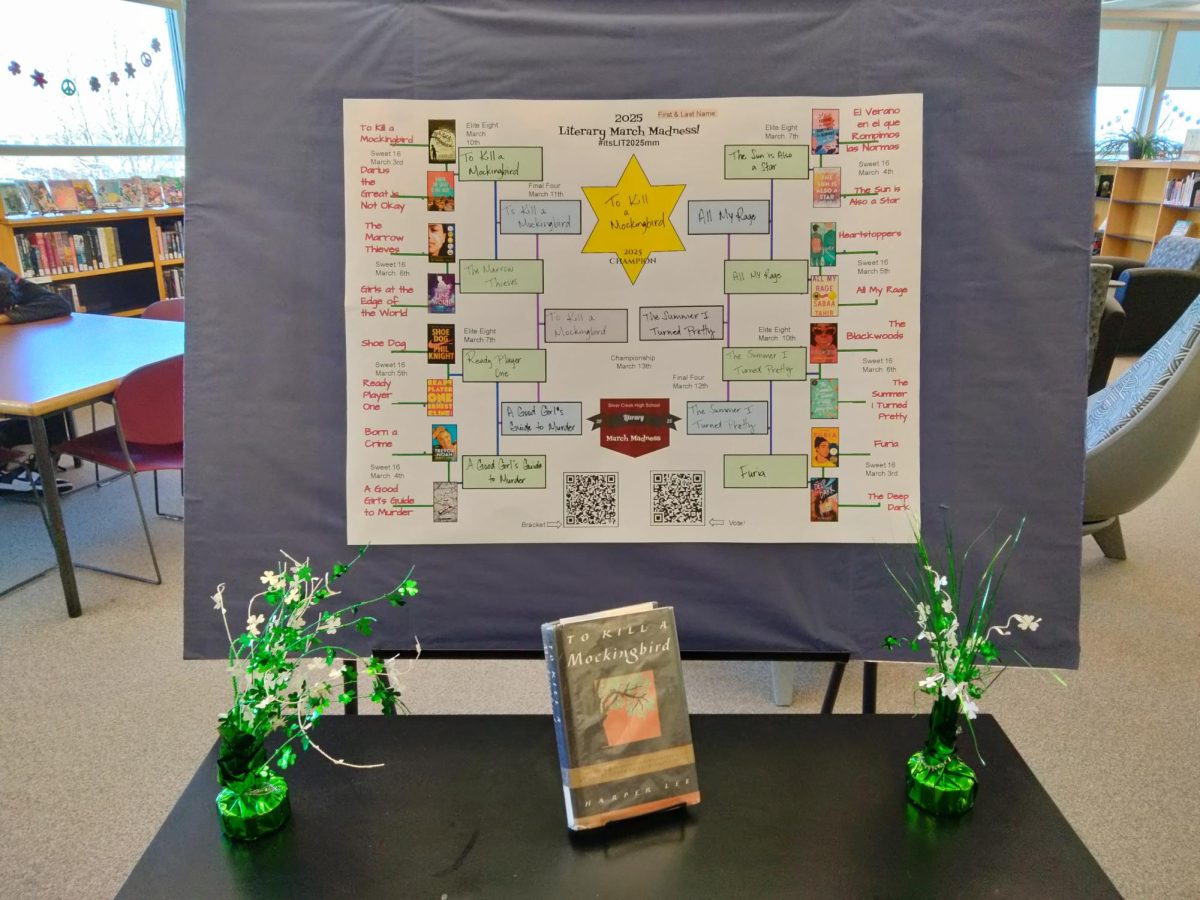


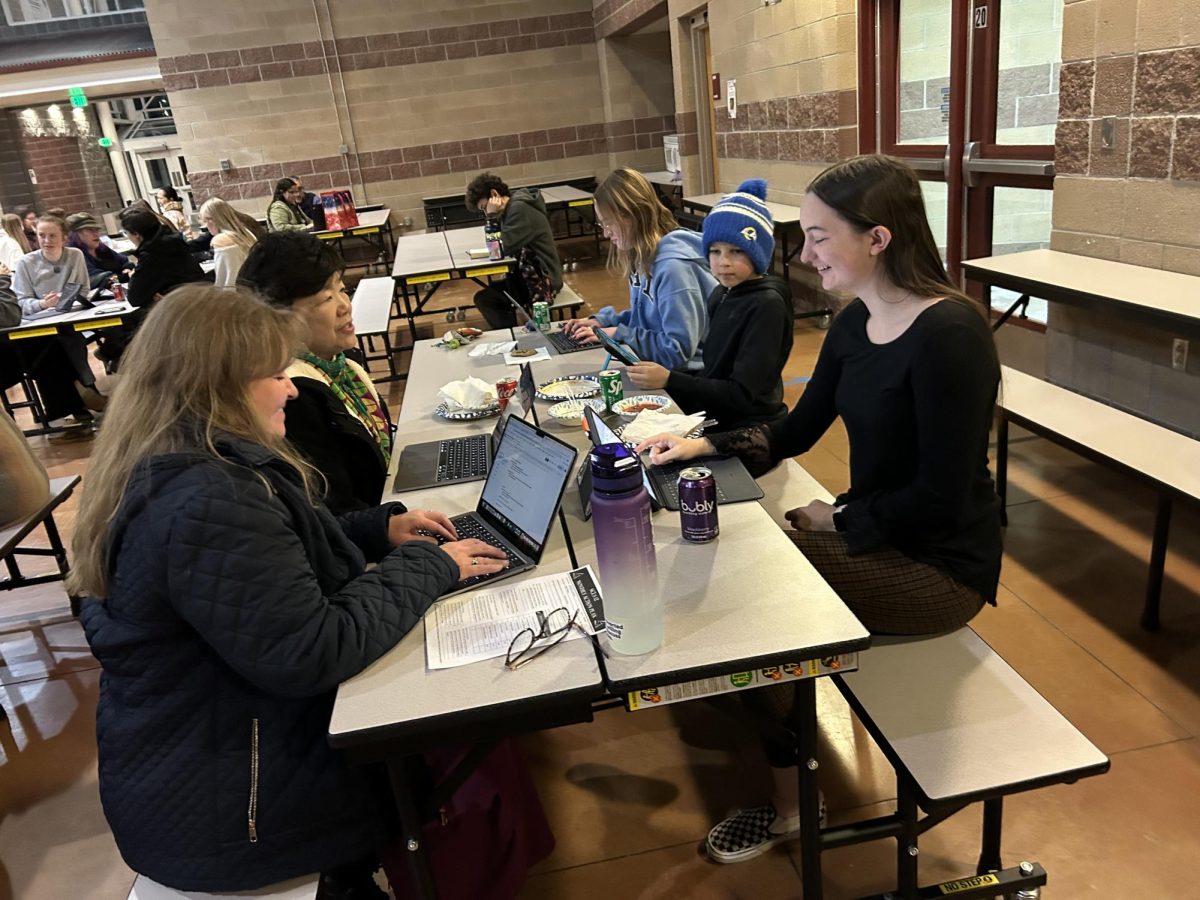
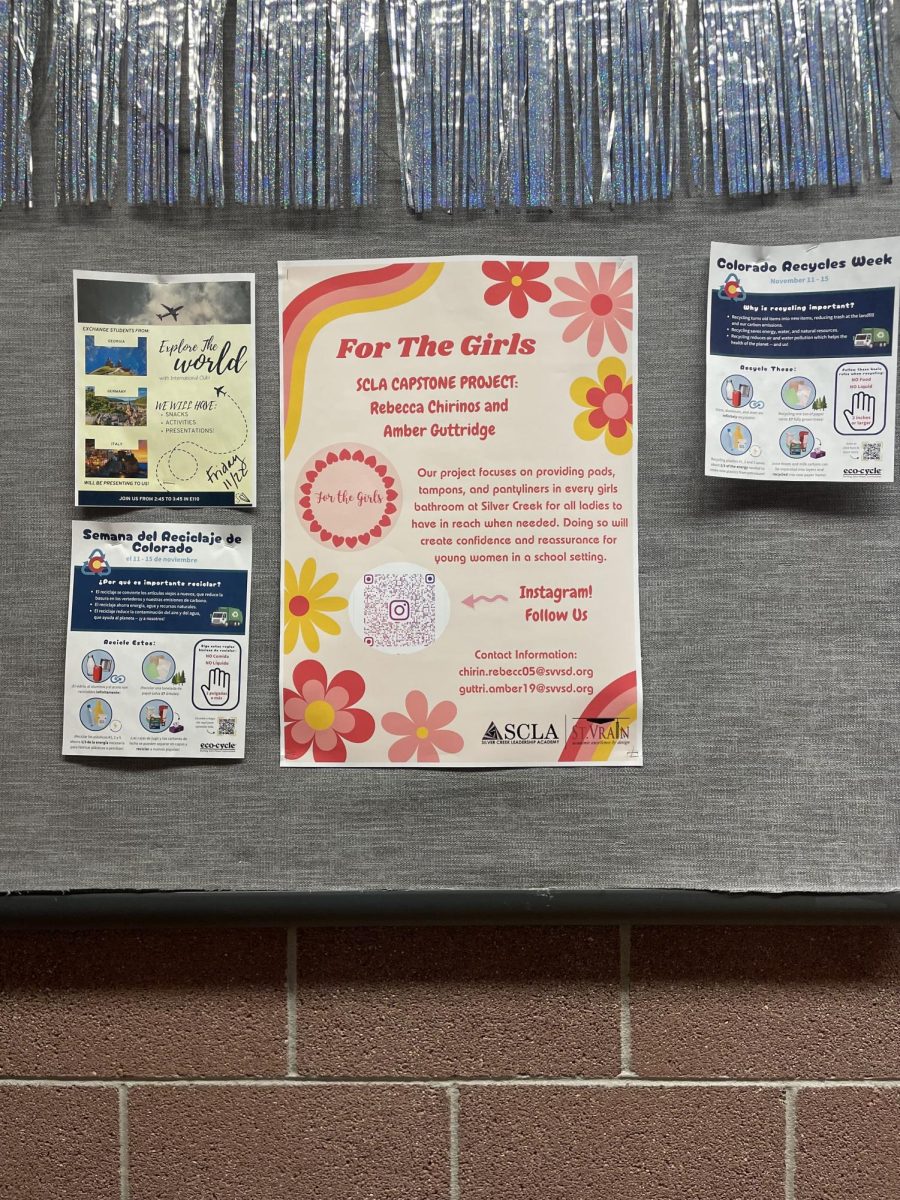

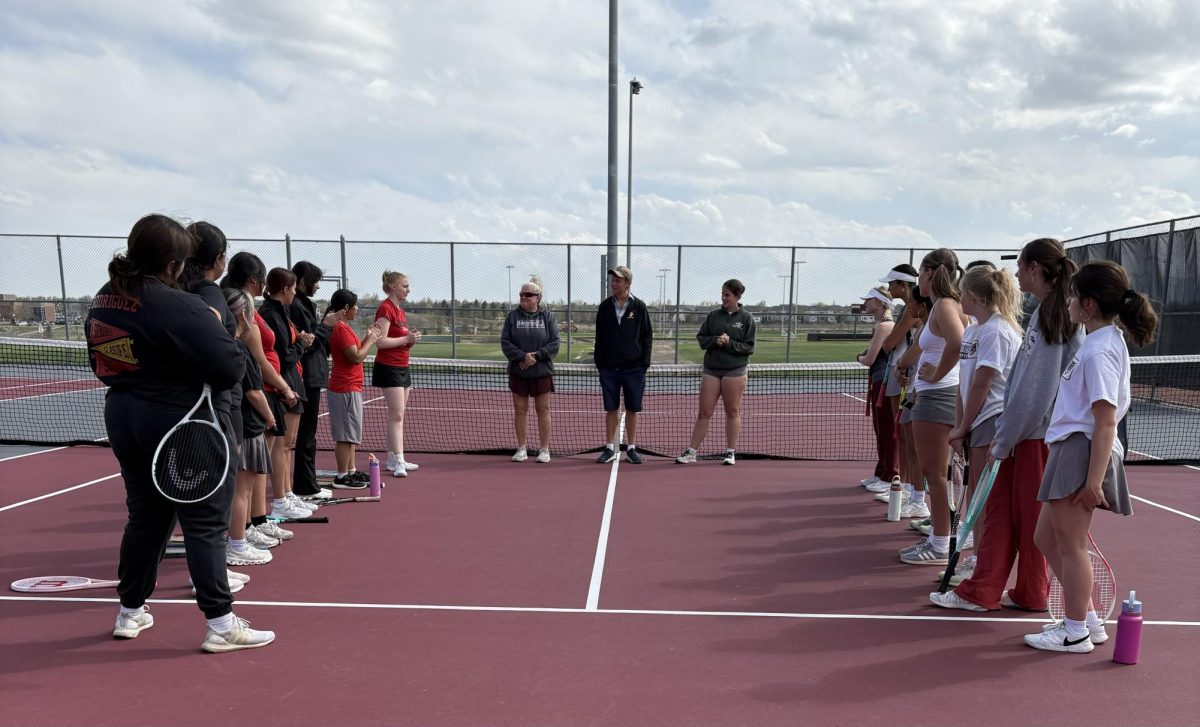





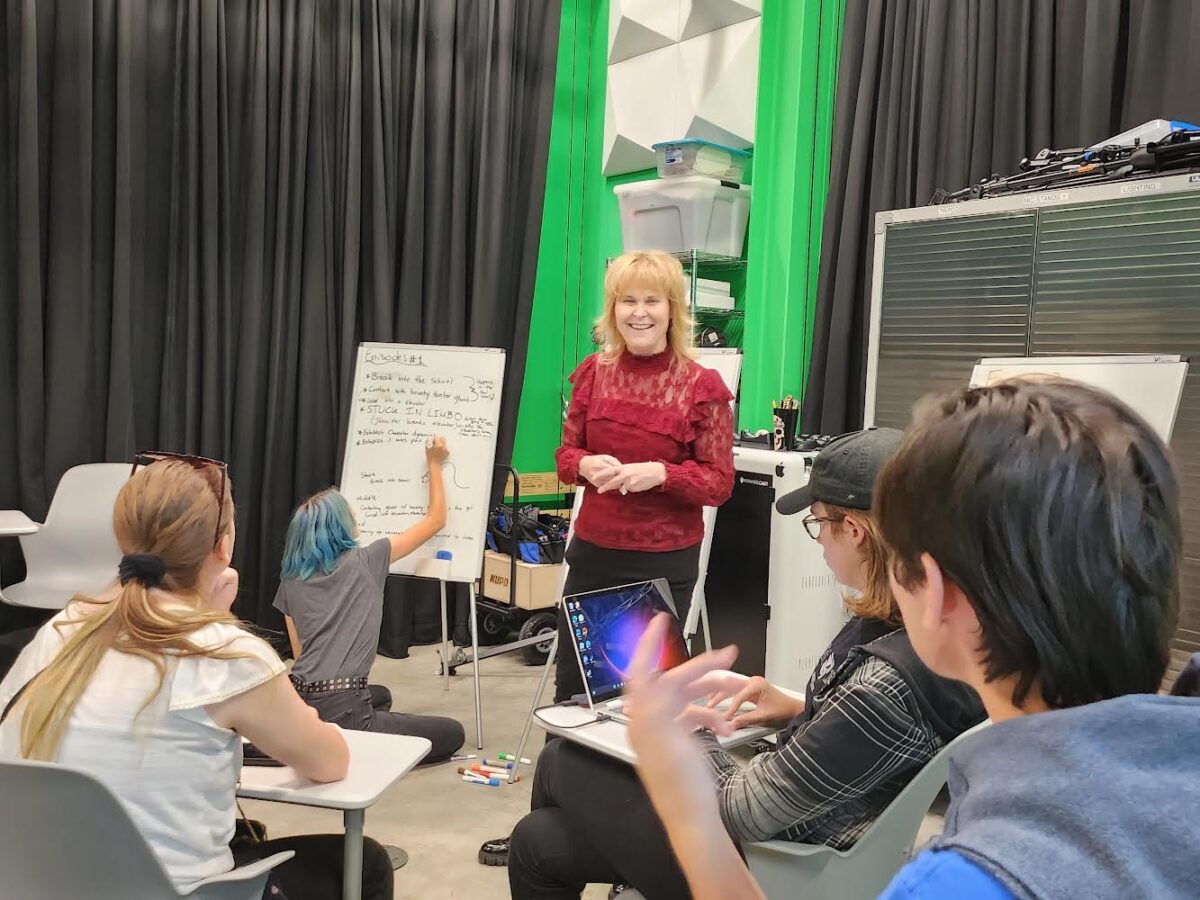


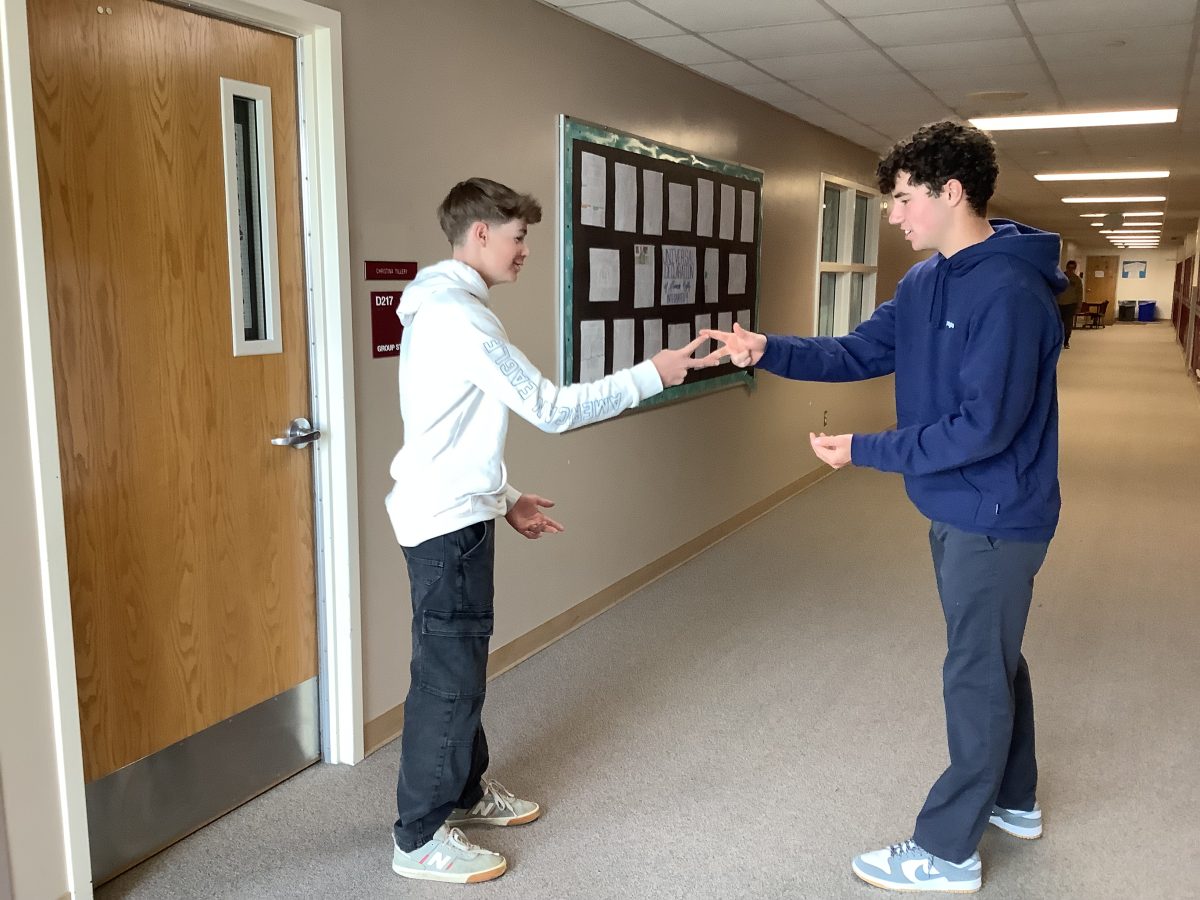

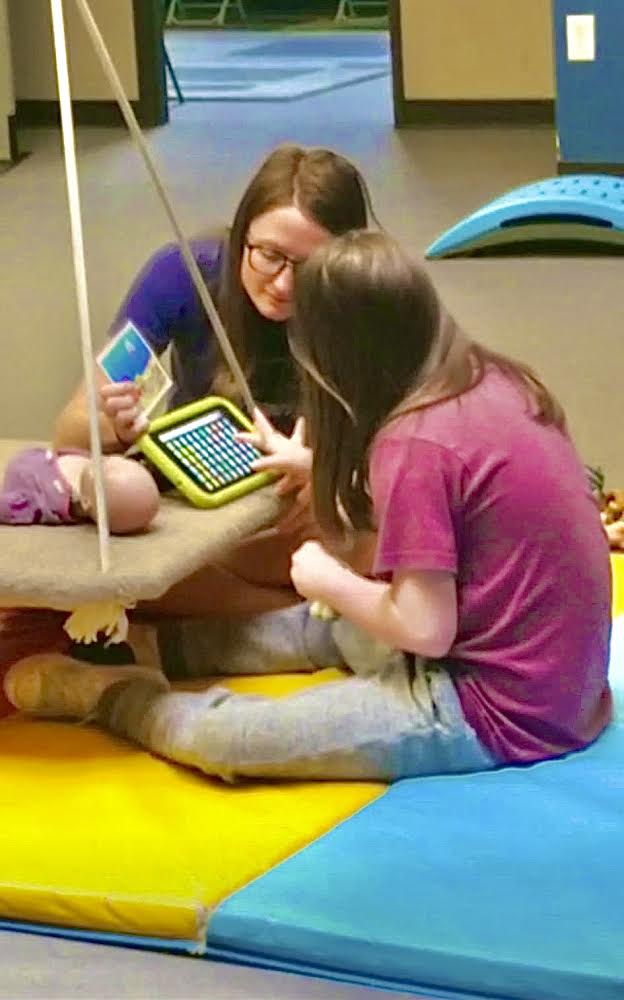
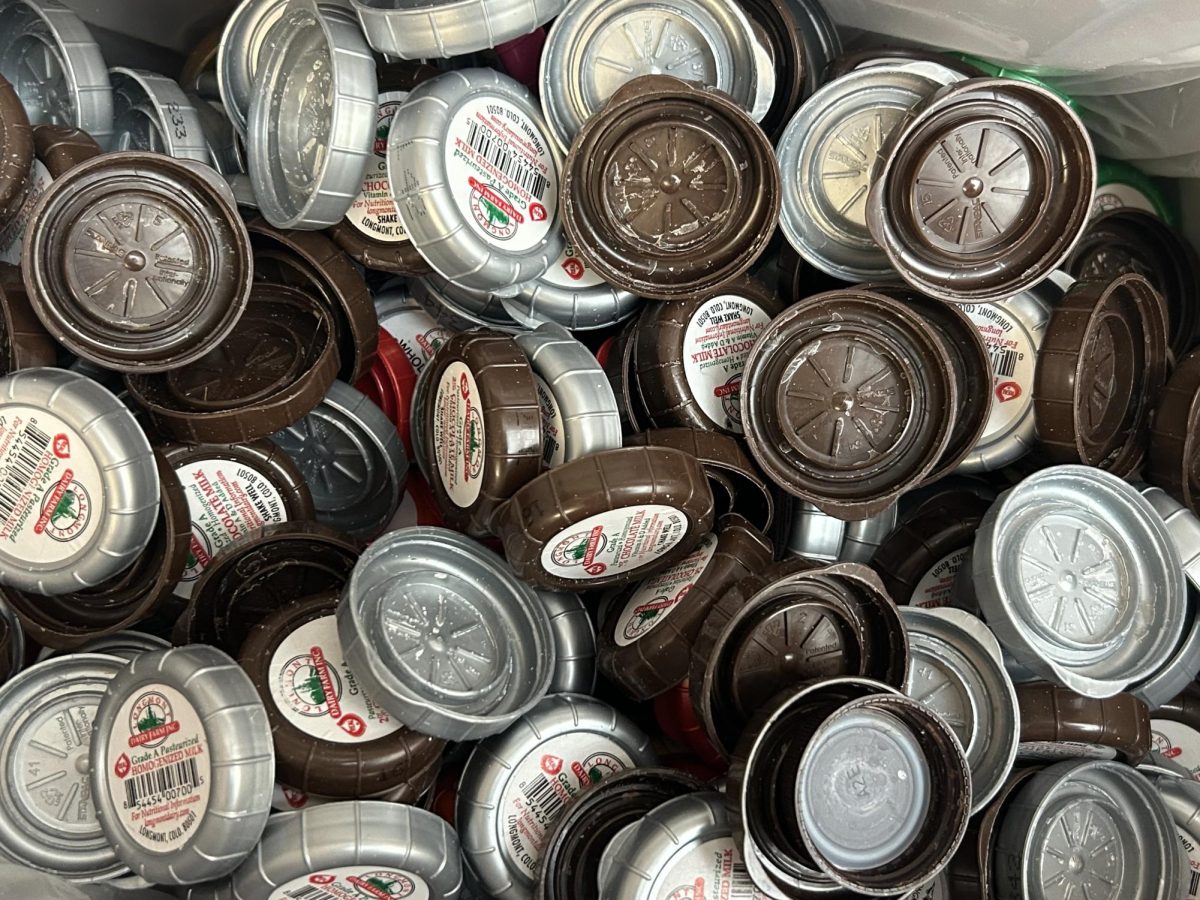

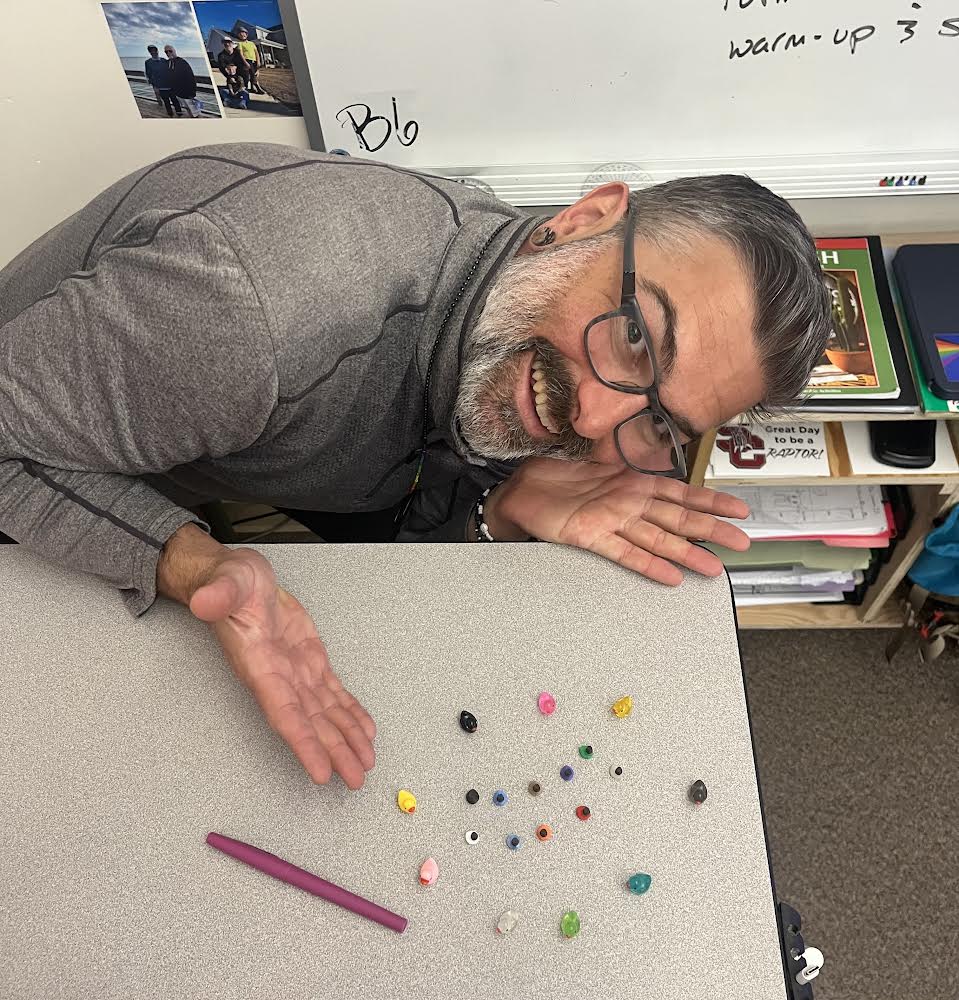








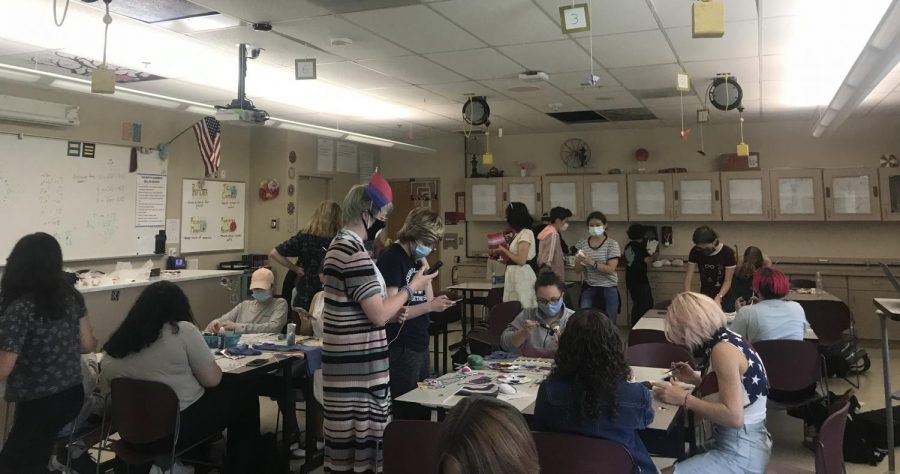




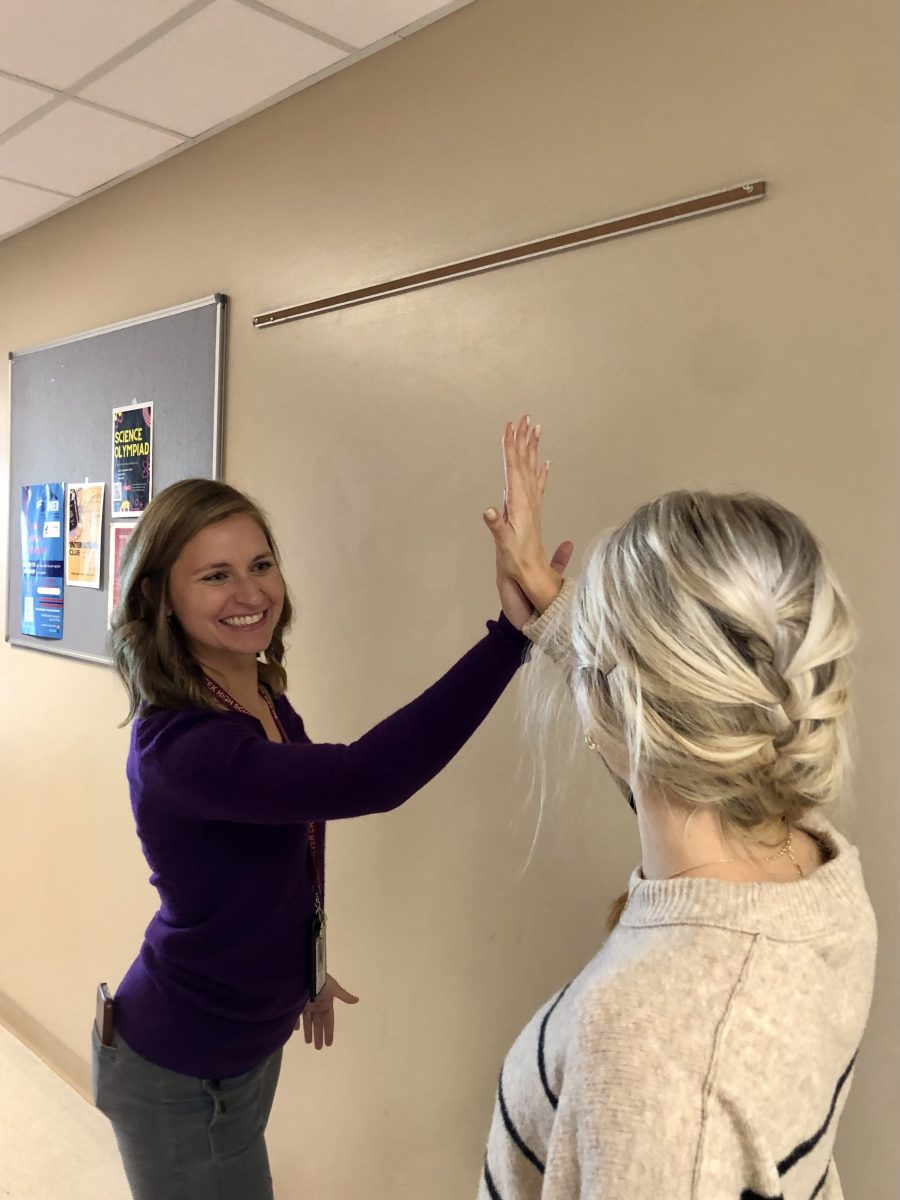




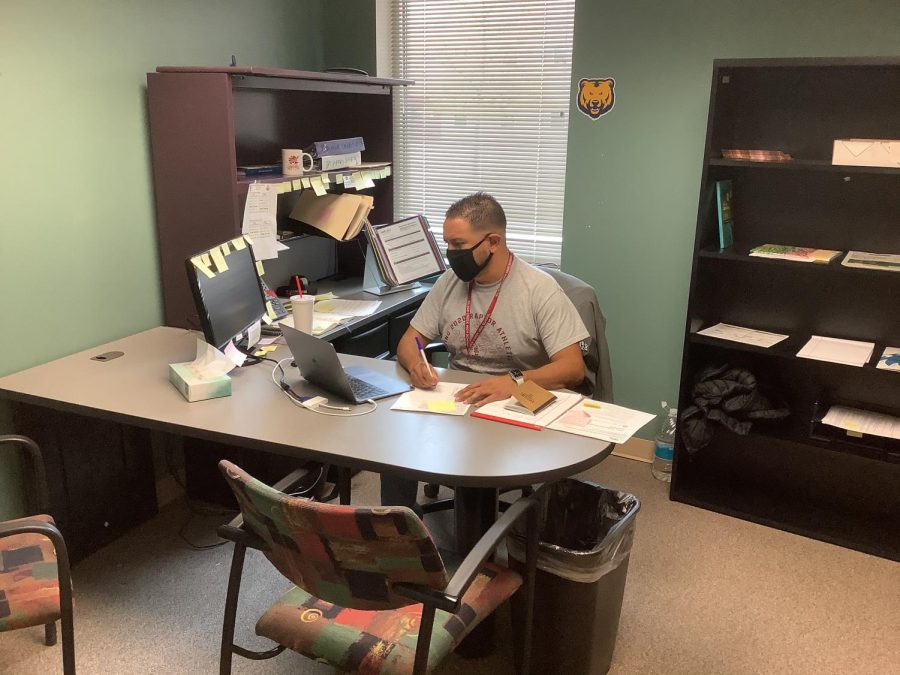
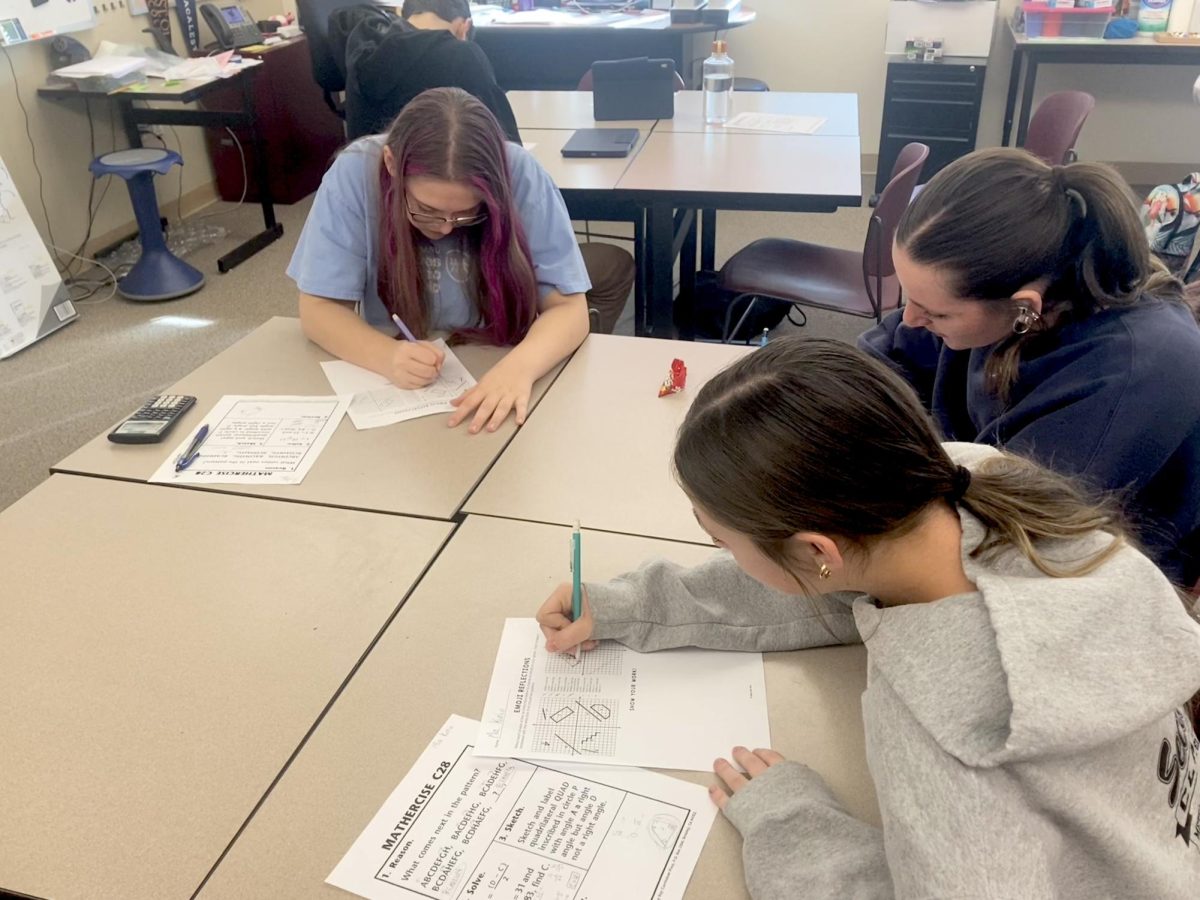
![Hosting the SCLA Casptone Mentor Dinner outside allowed for more attendees on September 27, 2021 at Silver Creek. This event would’ve usually been held inside. According to Lauren Kohn, a SCLA 12 teacher, “If we have a higher number of people, as long as we can host the event outside, then that seems to be keeping every[one] safe”.](https://schsnews.org/wp-content/uploads/2021/11/sxMAIGbSYGodZkqmrvTi5YWcJ1ssWA08ApkeMLpp-900x675.jpeg)

